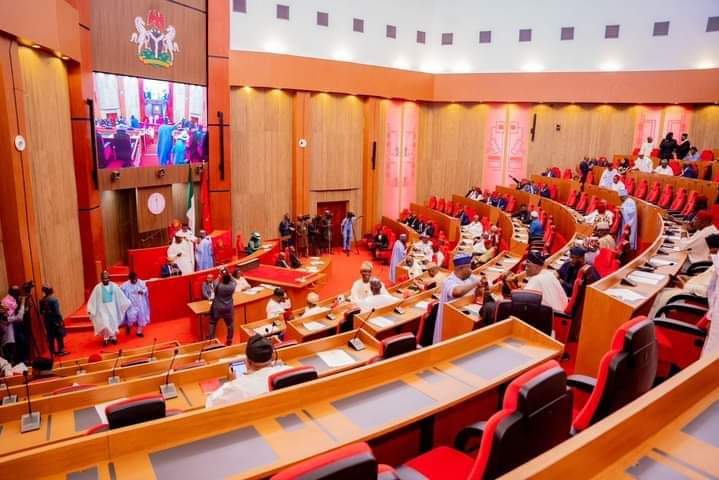The International Society for Social Justice and Human Rights (ISSJHR) has cautioned the National Assembly against proceeding with the proposed Petroleum Pump Price Equalization Tax Bill, warning that it will exacerbate the widespread hardship already confronting Nigerians.
In a strongly worded statement issued in Port Harcourt, Rivers State, the Chancellor of ISSJHR, Dr. Omenazu Jackson, described the bill—informally dubbed the “5% Pump Tax”—as “a legislative insult wrapped in fiscal deception,” asserting that it serves not the public interest but rather aims at plunder.
Dr. Jackson argued that it is both illogical and insensitive for the National Assembly to consider such legislation “in a country burdened with poverty, poor infrastructure, collapsing public institutions, and a youth population stripped of opportunities.”
“When you tax people into silence, into hunger, into rage—you may soon find out that silence does not mean stupidity,” he warned.
According to him, the passage of the bill would deepen despair across the country, particularly for ordinary Nigerians already struggling to meet basic needs.
He maintained that citizens spend over 60% of their income on transportation, food, and energy, and that the proposed tax would only worsen their burden.
“This bill, allegedly designed to ‘equalize’ or ‘stabilize’ pump prices nationwide, will ultimately deepen the hardship of ordinary Nigerians. Let’s not pretend this is about public interest. Let’s call it what it is: a carefully masked attempt to fund elite waste, deepen state capture, and offload systemic failure onto the backs of the masses,” Jackson stated.
“No serious nation taxes poverty and subsidizes corruption. Yet here we are again.”
He further questioned the accountability of the lawmakers themselves, asking: “Who audits the lawmakers who live off public funds while legislating hardship? Who taxes the convoy culture, the padded budgets, and the bloated allowances?”
Dr. Jackson called for urgent constitutional reforms, including mechanisms for public referendums on exploitative legislation and legal frameworks for constituents to recall legislators who act against the public good.
“We must legislate the legislators,” he said.
He concluded with a stern warning: “Of course, this petroleum tax bill won’t equalize pump prices—it will equalize pain. And it will ignite a new era of civic anger that no subsidy palliative can suppress. The National Assembly must withdraw this bill and redirect its legislative power toward policies that relieve, not ravage, the Nigerian people.”















